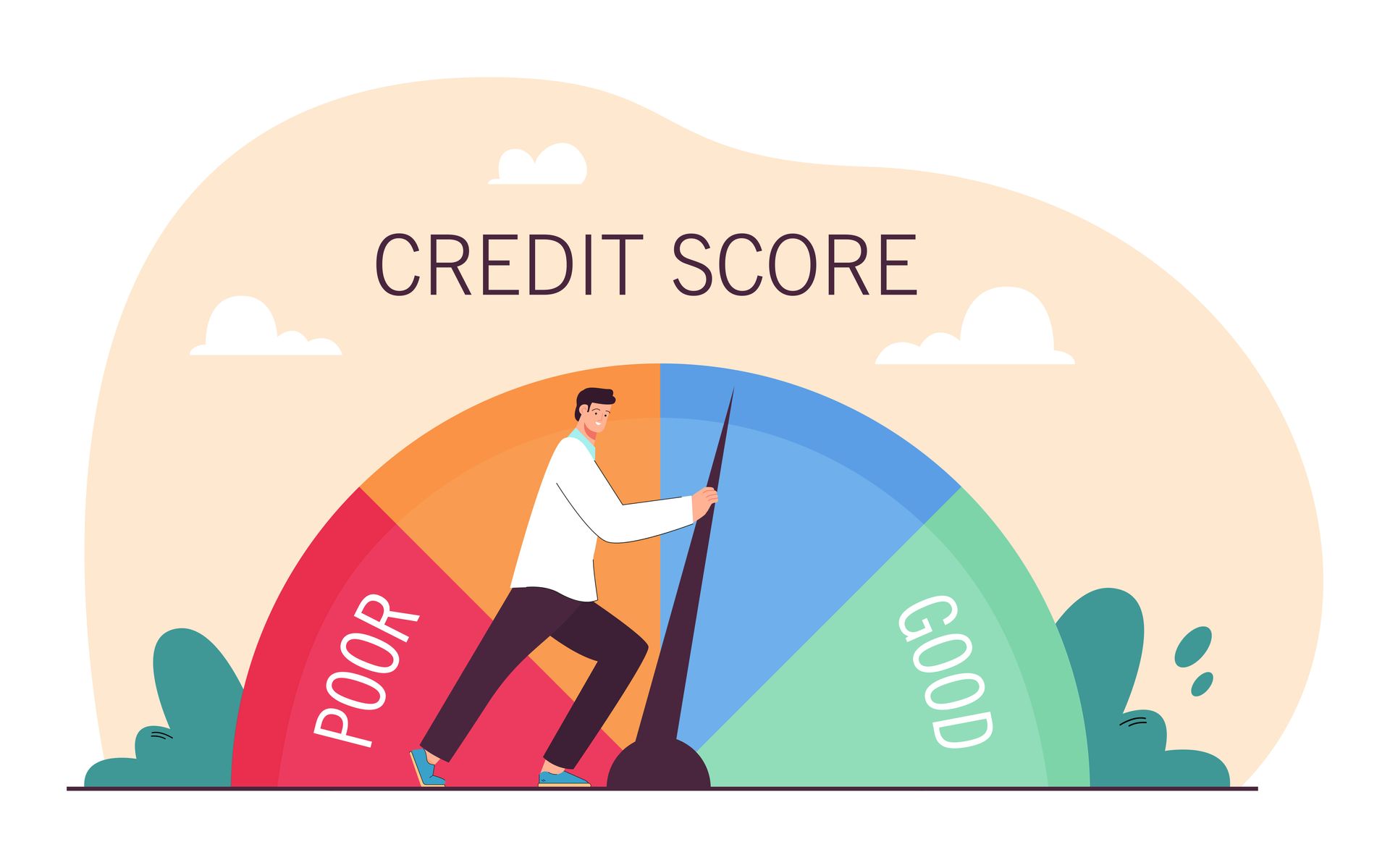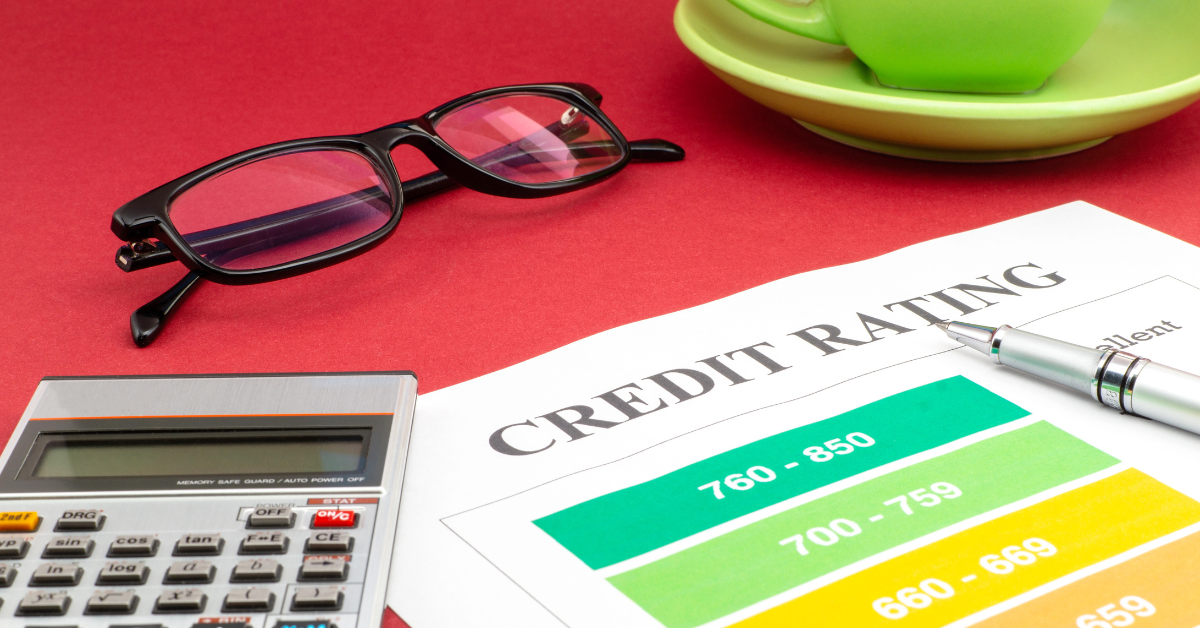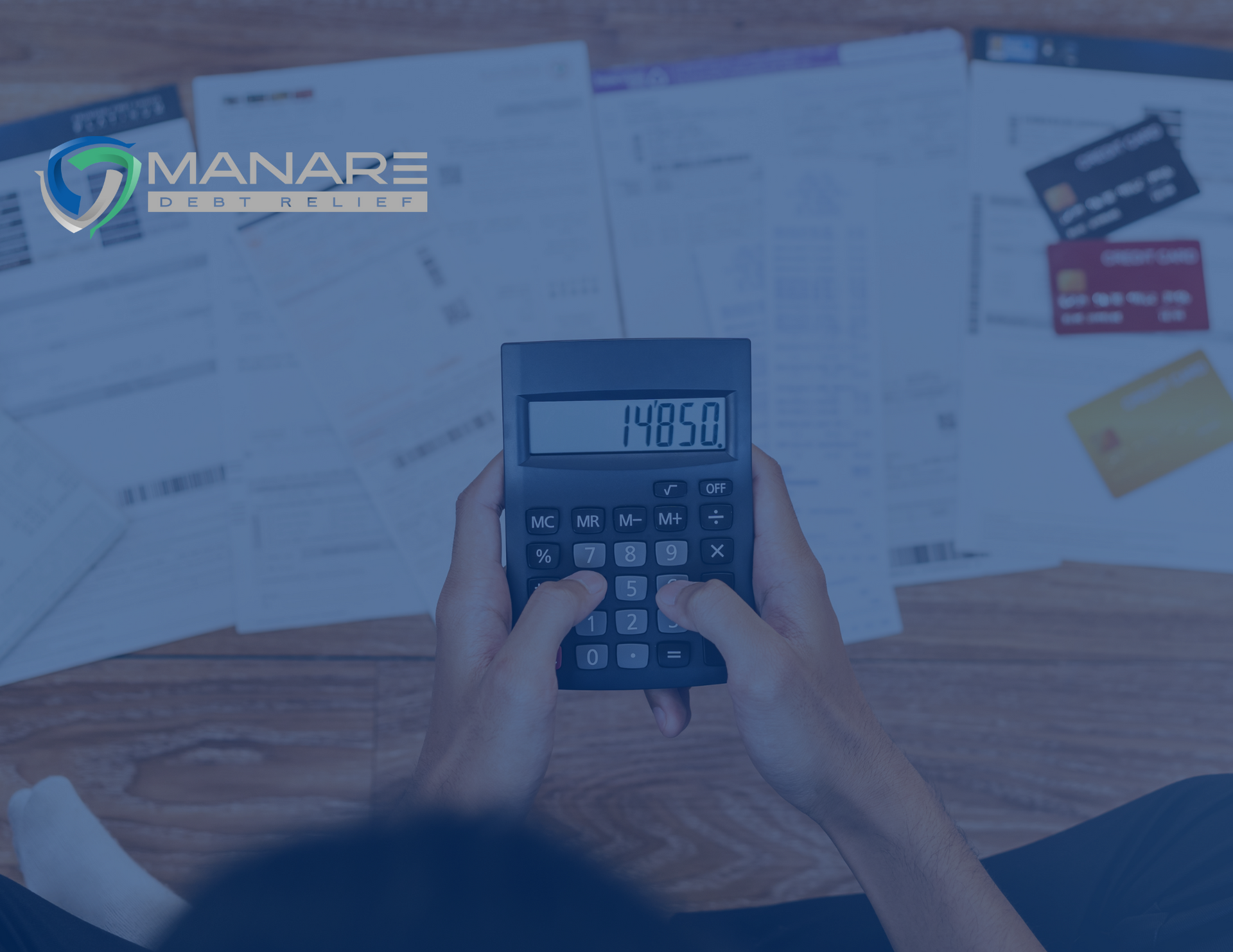Does Debt Settlement Hurt Your Credit? - Complete Guide
Many people wonder: Does a debt settlement hurt your credit? The short answer is: yes, but the extent depends on multiple factors. Settling debt can cause your credit score to drop by 100 points or more, and the settlement record can stay on your report for up to seven years. However, this doesn’t mean debt relief is always a bad option.
In this guide, specifically for U.S. residents, we’ll break down:
✅ How debt relief programs impact your credit score.
✅ Which programs have the least and most damaging effects on credit?
✅ How long does debt relief stay on your credit report?
✅ Steps to recover your credit faster after debt settlement.
By the end, you’ll clearly understand whether debt relief is right for your financial situation.
Remember, always consult with
expert debt relief consultants to ensure you're choosing the best path for your specific situation.
Keep reading!
Understanding How Debt Settlement Impacts Your Credit Score
Before going into detail on how debt settlement affects your credit, it's essential to grasp the fundamentals of what debt settlement entails.

What is Debt Settlement?
Debt settlement is a financial strategy used by individuals struggling to manage their debt by negotiating with creditors to pay a reduced amount.
This approach can offer immediate relief by reducing the total debt owed.
However, understanding the mechanics of debt settlement is essential because it directly influences the extent of its effects on your credit score.
By knowing how debt settlement works, you can better assess its potential benefits and drawbacks, and make more informed decisions about managing your financial future.
How Does Debt Settlement Work?
- A debt settlement company negotiates a reduced payment with your creditors.
- The debt settlement company will set up a payment plan with the creditor and use the money the client contributes to the program to pay them.
- This can provide financial relief, but comes with a potential cost to your credit.
Does Debt Settlement Hurt Your Credit Score?
Yes, debt relief can have a temporary impact on your credit score, but it's important to weigh this against the potential benefits of resolving your debt. When you settle a debt, it is reported as "settled" rather than "paid in full" on your credit report. This can lead to a significant drop in your credit score, sometimes by 100 points or more.
For example, in Florida, if you have a $10,000 credit card debt and settle it for $4,000, your credit report will show this debt as "settled," which can temporarily lower your credit score.
The settled debt will remain on your credit report for up to seven years. This long-term presence may make it more challenging to secure new credit, such as loans or credit cards, as lenders might view you as a higher risk.
While debt settlement does impact your credit score, it is a viable option for those who are overwhelmed by debt.
The benefit of debt settlement is that it can provide significant relief from financial stress and reduce your overall debt burden. If managed well, the long-term benefits of settling your debts can outweigh the short-term credit score impact.
For additional peace of mind and expert guidance, contact a debt relief company like us at Manare to discuss your options.
Types of Debt Relief Programs Offered by Manare Debt Relief
Debt Settlement
At Manare Debt Relief, we specialize in negotiating with creditors to settle unsecured debts for a reduced amount. This method can lead to significant savings and help you regain financial control. While debt settlement may initially affect your credit score, it’s an important step toward financial recovery, and we work closely with you to rebuild your credit afterward.
Additional Services We Provide at Manare Debt Relief
Debt Settlement for Unsecured Loans
Line of Credit Personal Loan Settlement
Collection Agency Account Resolution
We aim to help you find the most effective solution for your unique situation. We work with you every step of the way, from negotiating with creditors to rebuilding your credit, so you can regain financial stability and peace of mind.
For more detailed strategies on managing and overcoming debt, check out our comprehensive guide: How to Get Out of Debt in Less Than a Year – Complete Guide.
How Long Does Debt Relief Affect Credit?
The impact of debt relief varies, but settled debts remain on credit reports for up to seven years. However, credit scores can start recovering within 12-24 months if positive financial habits are maintained.
Can I Still Use My Credit Card After Debt Settlement?

It depends. Typically, you may see your credit cards closed or reduced in limit. It’s important to manage your remaining credit responsibly to avoid further damage to your credit score.
How much can my credit score drop after settling a debt?
After settling a debt, your credit score can drop by 50 points or more. This happens because the debt is marked as "settled" rather than "paid in full," which signals to creditors that you didn’t pay the full amount. However, the exact drop depends on factors like your current credit score and credit history.
How long will a settled debt remain on my credit report?
A settled debt can stay on your credit report for up to seven years. While this may initially affect your ability to secure new credit or loans, the impact lessens over time. As you focus on rebuilding your credit, the positive steps you take will outweigh the past, helping you move toward a stronger financial future.
Steps to Recover Your Credit Faster

1. Pay Your Bills on Time
Consistently paying your bills on time is one of the most effective ways to rebuild your credit.
2. Reduce Your Debt
Work on paying down existing debt to lower your overall credit utilization and improve your score.
3. Keep Your Credit Card Balances Low
Aim to use less than 30% of your available credit to show you’re managing your credit responsibly.
4. Check Your Credit Report Regularly
Monitor your credit report to ensure there are no errors or fraudulent activity that could impact your score.
5. Consider a Secured Credit Card
A secured credit card can help rebuild your credit by showing a positive payment history.
We recommend reading: How to Rebuild Your Credit After Debt Relief
Is Debt Relief Bad? Understanding the Pros and Cons
Debt relief has advantages and disadvantages. It’s crucial to understand when it’s the right solution.
Pros of Debt Relief:
✅ Reduces overall debt burden.
✅ Lowers interest rates.
✅ Prevents legal action from creditors.
✅ Avoids bankruptcy in some cases.
Cons of Debt Relief:
❌ May damage your credit score.
❌ Risk of scams from fraudulent debt relief programs.
When is Debt Relief a Good Option?
- If you’re struggling to make minimum payments.
- If your debt is overwhelming and growing due to high interest.
- If you have over 3000$ in debts.
When is Debt Relief Not the Best Option?
- If you can afford to pay off your debt in full without financial hardship.
- If you haven’t explored other lower-impact solutions, such as negotiating directly with creditors or setting up a structured payment plan.
- If you’re considering unverified or fraudulent debt relief programs.
- If you have no income.
Always work with reputable, licensed providers like us at Manare Debt Relief to ensure you’re protected.
Alternatives to Debt Relief
If debt relief isn’t right for you, consider these options:
✅ Negotiating Payment Plans– Contact creditors directly to arrange lower monthly payments.
✅ Debt Management Plans (DMPs) – Work with a credit counseling agency to create structured payments.
✅ Increasing Income Sources– Taking on a side job or selling assets to pay off debt faster.
Legal and Consumer Protections (U.S. & Florida-Specific)
If you’re considering debt relief, it’s important to understand your rights:
Fair Debt Collection Practices Act (FDCPA) – Protects consumers from abusive debt collection practices.
Credit Repair Organizations Act (CROA) – Regulates companies that claim to improve credit scores.
Florida-Specific Debt Laws – Florida has regulations that govern how creditors can pursue debt collection.
Trusted Sources on Debt Relief and Credit Impact
At Manare Debt Relief we stay current with the latest in debt relief and credit to ensure our clients get the best guidance. You should rely on trusted sources that support our mission of transparency and effectiveness:
Federal Trade Commission (FTC) The FTC protects consumers from deceptive debt relief practices. We conform all of our practices to FTC guidelines so our services are transparent and trustworthy.
Experian This agency explains how credit disputes affect your credit score. We manage disputes at Manare Debt Relief in a way that minimizes the impact on your credit.
Consumer Financial Protection Bureau (CFPB) The CFPB regulates credit reporting and handles consumer complaints. We stay in touch with the CFPB to ensure our practices are in line with the best standards and our clients’ rights.
Common User Questions
Does debt relief always hurt my credit?
Debt relief may lower your score temporarily, but with proper management, your credit can recover.
What are the differences between debt relief and debt settlement?
Debt relief is a general term that encompasses many ways to reduce or manage debt such as debt consolidation, credit counseling or bankruptcy. It’s about overall financial relief by reducing debt. Debt settlement is a specific type of debt relief that involves negotiating with creditors to reduce the amount of debt owed, usually in a lump sum. While debt settlement is debt relief, it’s about reducing the total debt owed, often at the cost of a temporary hit to credit scores.
How long does it take to recover from debt relief?
Credit recovery can take anywhere from 12 months to a few years, depending on your financial actions post-relief.
Can I get a loan after completing a debt relief program?
Yes, but you may face higher interest rates initially. Over time, responsible financial behavior improves loan eligibility.
Is debt relief better than bankruptcy?
Debt relief is often a better alternative than bankruptcy as it has a shorter credit impact and fewer legal consequences.
How Can Debt Settlement Lead to Long-Term Benefits for My Credit?
Debt settlement can lead to long-term benefits for your credit when approached with a clear strategy. Although it initially hurts your credit score, it should be viewed as a step toward financial recovery. Once the debt is settled, the key is to focus on rebuilding your credit by paying bills on time, reducing debt, and maintaining a low credit utilization ratio.
By prioritizing these habits, you can gradually improve your credit score. Over time, the negative impact of the settled debt will diminish, and your proactive financial actions will help you secure better credit terms in the future.
Considering Debt Settlement or Need Assistance with Managing Your Debt?
We hope this article has provided valuable insights into how debt settlement affects your credit and how to turn it into a positive outcome. If you found this information helpful, please share this post with others who might benefit from it. Your support helps us reach more people and provide them with the guidance they need for their financial challenges.
Manare Debt Relief is here to help. Our experts can guide you through your options and help you find the best solution for your financial situation.
Contact us today to start on your personalized plan for financial recovery!
Take Control of Your Debt Today!
At Manare Debt Relief, we understand that managing debt can feel overwhelming. That's why we're here to help you navigate your financial journey with personalized debt settlement solutions. Ready to find out how we can assist you?








